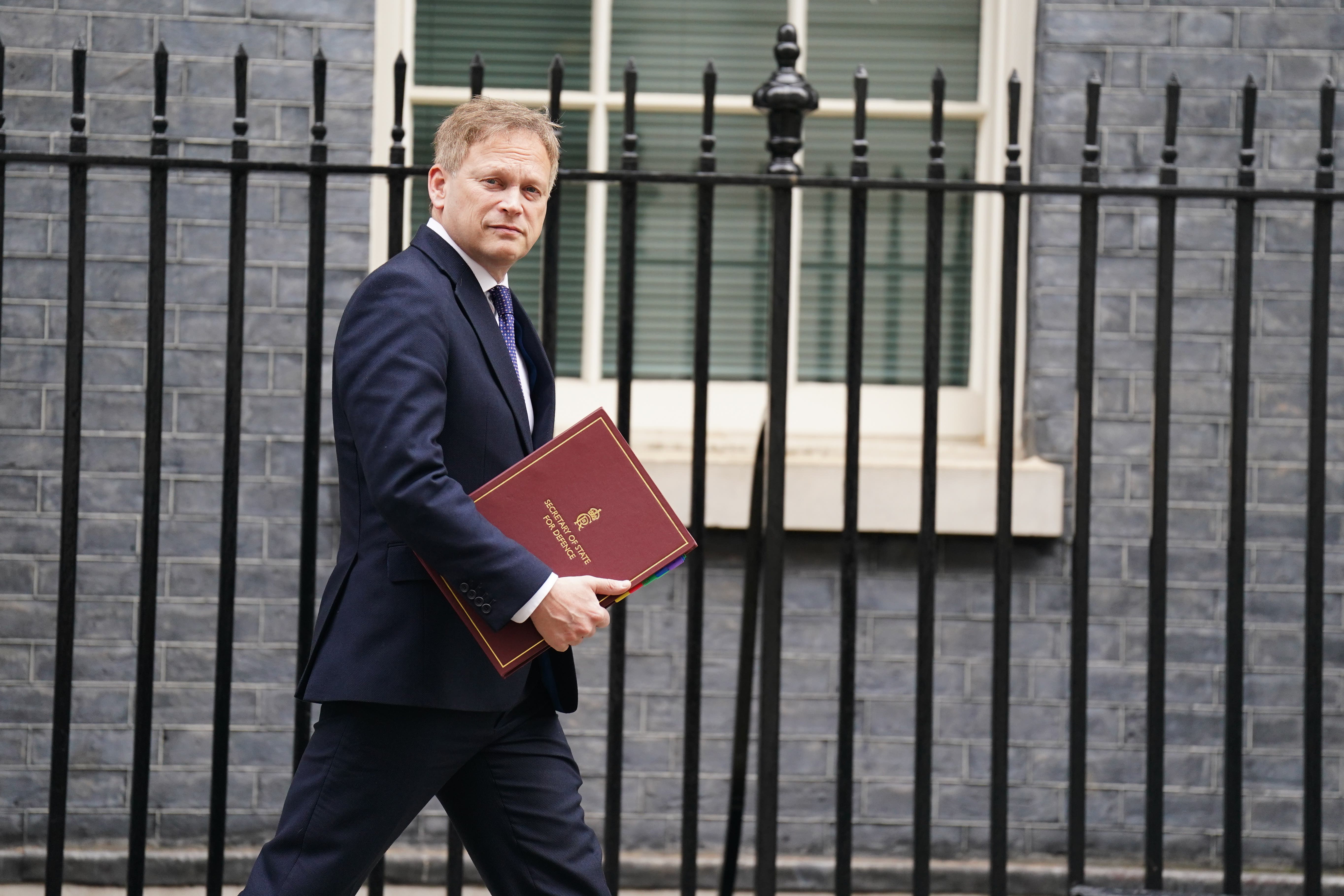Putin’s tit-for-tat expulsion of UK defence attache ‘desperate move’ says Shapps
Russia expelled the British defence attache in Moscow in response to the UK throwing out his counterpart.

Russia’s expulsion of a British diplomat is a “desperate move” from Vladimir Putin, Defence Secretary Grant Shapps said.
Captain Adrian Coghill, a Royal Naval officer based at the British Embassy in Moscow, was given a week to leave the country on Thursday, according to a post on the Russian foreign ministry’s Telegram channel.
The move was a tit-for-tat response after the UK ordered Russia’s defence attache in London to leave, claiming he was a spy.
Mr Shapps said: “Russia’s expulsion of the UK’s defence attache (DA) is a desperate move.
“Whilst Russia’s DA in the UK was acting as a spy, Putin’s only issue with ours was that they personified the UK’s unwavering support for Ukraine in the face of his illegal and barbaric invasion.”
The Kremlin’s move follows the expulsion on May 8 of Russia’s defence attache in London, Colonel Maxim Elovik, on the grounds that he was an “undeclared military intelligence officer”.
In its Telegram post, Russia’s foreign ministry said it had summoned an official from the British Embassy to protest over Col Elovik’s expulsion, which it described as “politically motivated” and “Russophobic”.
It added that this would not be the end of the matter, and “further retaliatory steps” would be announced.
As well as expelling Col Elovik, Home Secretary James Cleverly told the Commons on May 8 that he was revoking the diplomatic status of two Russian-owned properties in the UK that were believed to have been used for intelligence purposes, and placing new restrictions on Russian diplomatic visas.
Announcing the measures, Mr Cleverly predicted that they would be met with accusations of “Russophobia”, adding: “This is not new and the British people and the British Government will not fall for it, and will not be taken for fools by Putin’s bots, trolls and lackeys.”
The decision followed news that five men had been charged with offences under the National Security Act in connection with alleged espionage activities in the UK on behalf of Russia.
Bookmark popover
Removed from bookmarks